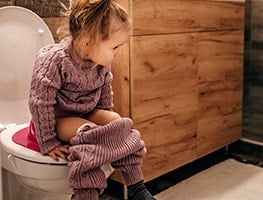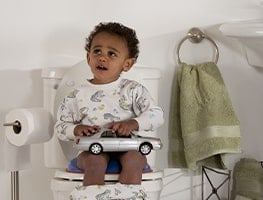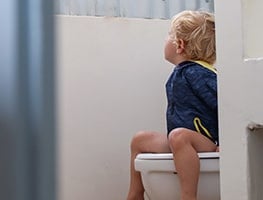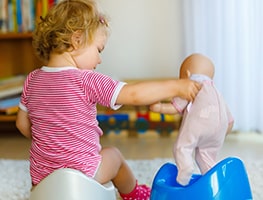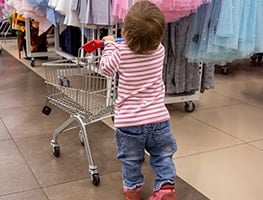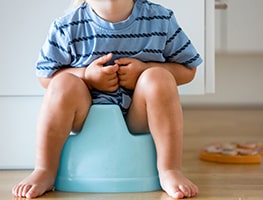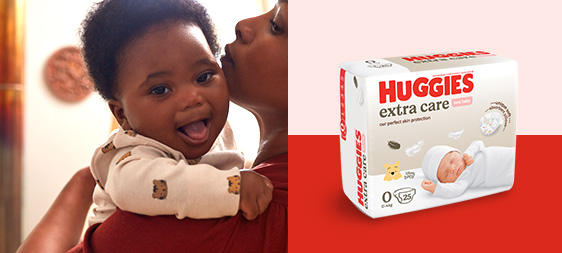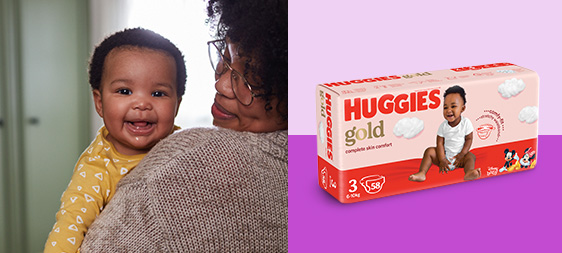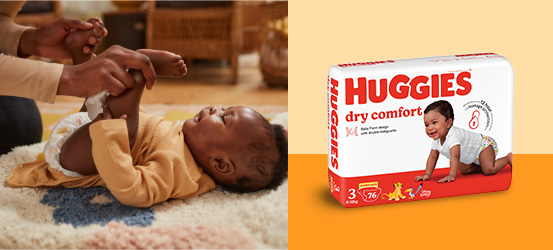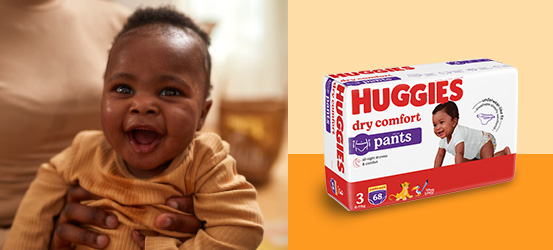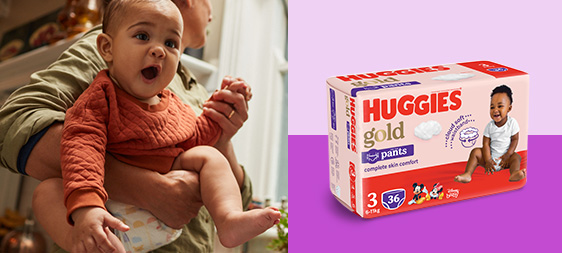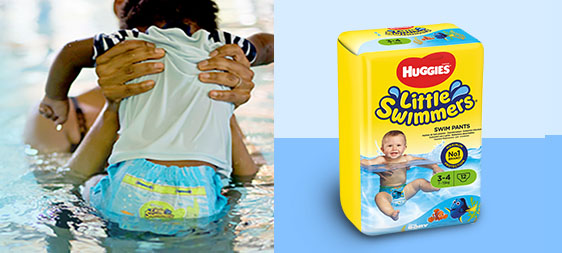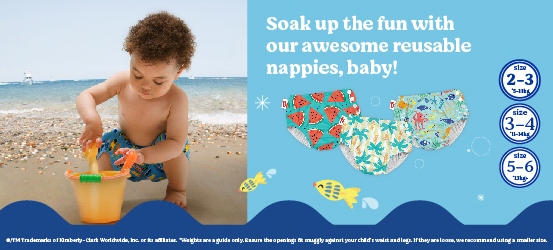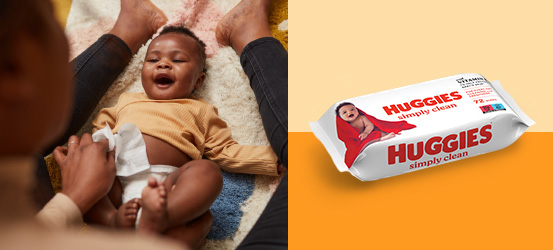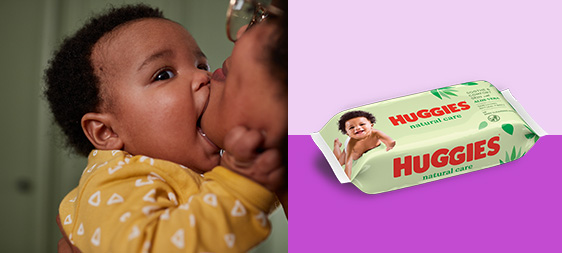Consistency in approach
Childcare and toilet training can either cause some parents to worry or it can be seen as a blessing to have someone else help with the potty training.
The critical thing is that you have good communication with your child’s carers, so that you can both manage toilet training with the same consistent approach.
If you are thinking about toilet training your toddler in the near future, it’s probably a good idea to schedule a meeting with the childcare centre, day care manager or owner so that you can share your thoughts and develop a process that will work effectively at home and in the day care environment.
Use the following checklist as a guide for questions to ask the caregiver:
Ask the caregiver:
What do you think are the most important things toddlers/preschoolers need to learn?
What kinds of activities do you plan for babies/toddlers/children of different ages?
How do you handle toilet training and how do you teach it?
What would you do if a child won’t stop biting or fighting with other children?
Availability
Good child care is often in high demand and short supply. Before you ask many questions, learn about the availability of the facility:
Do you have an immediate opening for my child?
Do you have a waiting list? If so, how long is the wait?
Do you accept children of all ages in your programme?
Location and hours
A convenient location and flexible hours may be important to you, depending on your work hours and how long you commute, as well as the age of your child:
Is the facility close to your home?
Is the facility close to your (and/or your partner's) work?
Does the facility have hours that match your needs?
Price
Sometimes there are "hidden" costs that aren't included in the overall fee. Remember to ask whether there are any extra costs:
What is the overall fee? Does it include the cost of food?
Is there an extra fee if you pick up your child late?
Do you still pay if your child is off sick or on vacation?
Other issues
You may have other preliminary questions to ask before you decide to pay a visit. Then you can line up a good time to visit the facility:
What is the child-to-staff ratio in your programme?
Can you give me references or names of others using the care facility?
Is it alright to visit the site? When is a good time to visit?
Pay a visit
Try to visit during a busy time, to see how smoothly things go. Using your checklist as a reference, observe the caregiver, the children and the environment. Ask for written samples of daily routines. You can visit a second time and take your child with you. If you're interested in following up, make an appointment to discuss business arrangements.
Affection and attention
How much attention children receive often relates to the number of caregivers present. And much depends on how loving caregivers are:
Does the caregiver seem interested in children as individuals?
Does the caregiver talk and listen to children at eye level?
Does the caregiver comfort children when they need it?
Developmental growth
Many things affect a child's development, including a good balance of activities and consistent contact with knowledgeable caregivers:
Does the programme’s educational philosophy match your own?
Is there group and individual play, quiet and boisterous play?
Are caregivers experienced, and is there a low turnover rate?
A healthy environment
Health and safety means more than simply separating sick children or keeping them at home. Look for the following things, too:
Are clear emergency procedures and numbers posted?
Are there locks on cabinets and clean, safe places to crawl?
Are there separate areas for eating, changing nappies, resting and playing?
Practical tips
Pack a few more Huggies Pull-Ups® Training Pants than you would normally go through in a day at home. There are lots more distractions at childcare and, despite the best efforts of the carers, they are not able to provide 100% attention to your child, so they may miss a few cues every now and then.
Once your child has progressed from training pants and is regularly dry during the day, you will need to pack a number of extra changes of clothes. Even though they may be able to remain dry at home, it can be a little trickier at day care to always remember to go to the potty. When your toddler is engrossed in an activity, they may hang on just a moment too long.
Label all items of clothing; right down to the pants and socks. It will help to ensure that the carers can send home the correct clothing at the end of the day.
If your childcare centre has a rest period in the afternoon, remind the carers to help your little one into a pair of Pull-Ups® Toilet Training pants before rest time.
Provide the day care with the Pull-Ups® Toilet Training chart so they can record each attempt, success and accident that your child has throughout the day. This provides a good basis for discussion each day.
Pressure to train from childcare
Most long day care centres will be able to cope with a toddler that is not toilet trained until they are quite old. This is related to the facilities available and the staff-to-child ratio.
This can often mean that parents feel a lot of pressure to toilet train prior to starting preschool.
Despite the feeling that time is of the essence, you will need to allow your child plenty of time to become accustomed to the idea. There is no point trying to rush toilet training to meet a schedule that your toddler simply doesn’t understand.
Follow the guidelines for the signs of readiness and getting prepared to start the toilet training process.
Note: South African preschool education: Pre-primary education in South Africa starts when children are aged three and can run for a further four years until compulsory primary school education begins at age seven. The government has recently stepped up efforts to ensure that more children are enrolled in pre-primary level schools, as they play an important role in early childhood development.
For further information:
Health Society of South Africa: A Guide to Choosing and Using Child Care: Finding the best fit for you and your child: http://www.healthsoc.co.za/article.asp?ID=150
Preschool sytems in South Africa: http://www.expatica.com/za/family/kids/Preschools-in-South-Africa_17202.html






